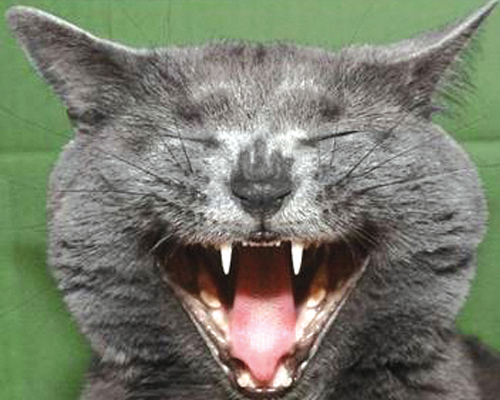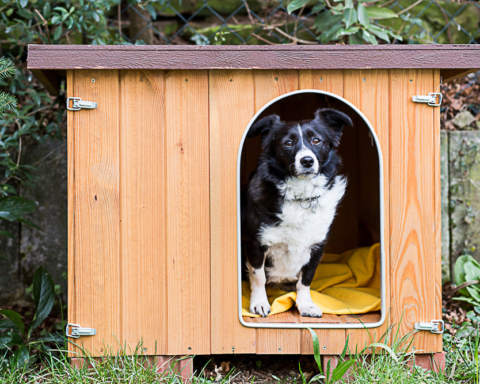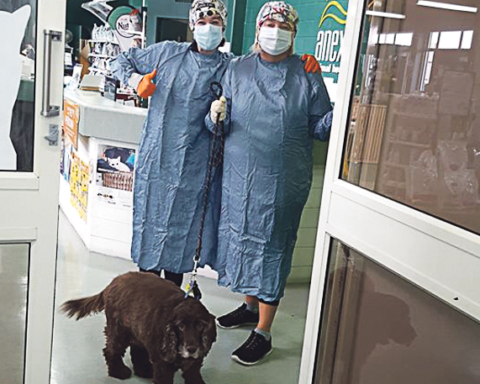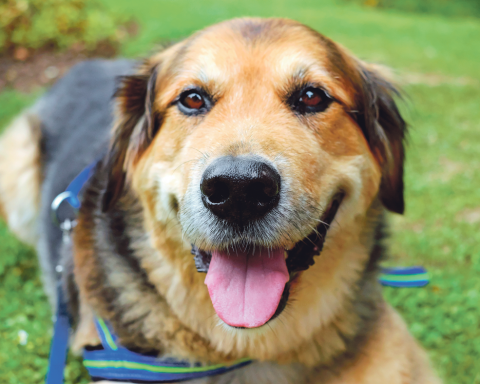When we think of dental health, we tend to forget that our pets develop the same dental issues as ourselves; the difference between the two being that our pets are unable to tell us when they have a sore mouth or a dental issue.
Despite the obvious differences between ourselves and our pets, we share the same tooth structure and can therefore develop the same tooth disorders which include gingivitis, periodontal disease, tooth decay, dental fractures and much more. If, as owners, we are not regularly checking inside our pets mouths then it is possible that they may currently be dealing with an unnecessary dental issue that we are simply not aware of.
Oral health, like in humans has a significant effect on the animals’ general health; infection and inflammation of the gums are caused by bacteria present in plaque and calculus (tartar). When tartar builds up on the teeth, this can lead to periodontal disease which can lead to bacteria and toxins entering the bloodstream, potentially resulting in harmful effects on internal organs. Conversely, poor systemic health may manifest in the oral cavity and can exacerbate periodontal disease. This means that if you think your animal may have a problem in their mouth, the vet still needs to check the rest of your pet in case there is more to the problem.
To prevent such problems from occurring in the first place, you can regularly brush your pets teeth with a soft toothbrush and toothpaste. Diet is a major factor in the development of plaque; the best food for your pets’ dental health is a specially formulated dry food diet designed with dental benefits to chip away at plaque on the teeth and prevent build-up. Chew toys and large bones can be beneficial for dogs in particular. Soft food should be avoided as these foods facilitate plaque build-up.
It is highly likely that your pet will require a ‘dental’ sometime in their life to maintain optimal health and give them the best chance at a happy life. If you notice your pet has bad breath, is eating on one side of the mouth only, dropping food, crying when eating or yawning, or bleeding from the mouth, contact your vet clinic for a check up.







